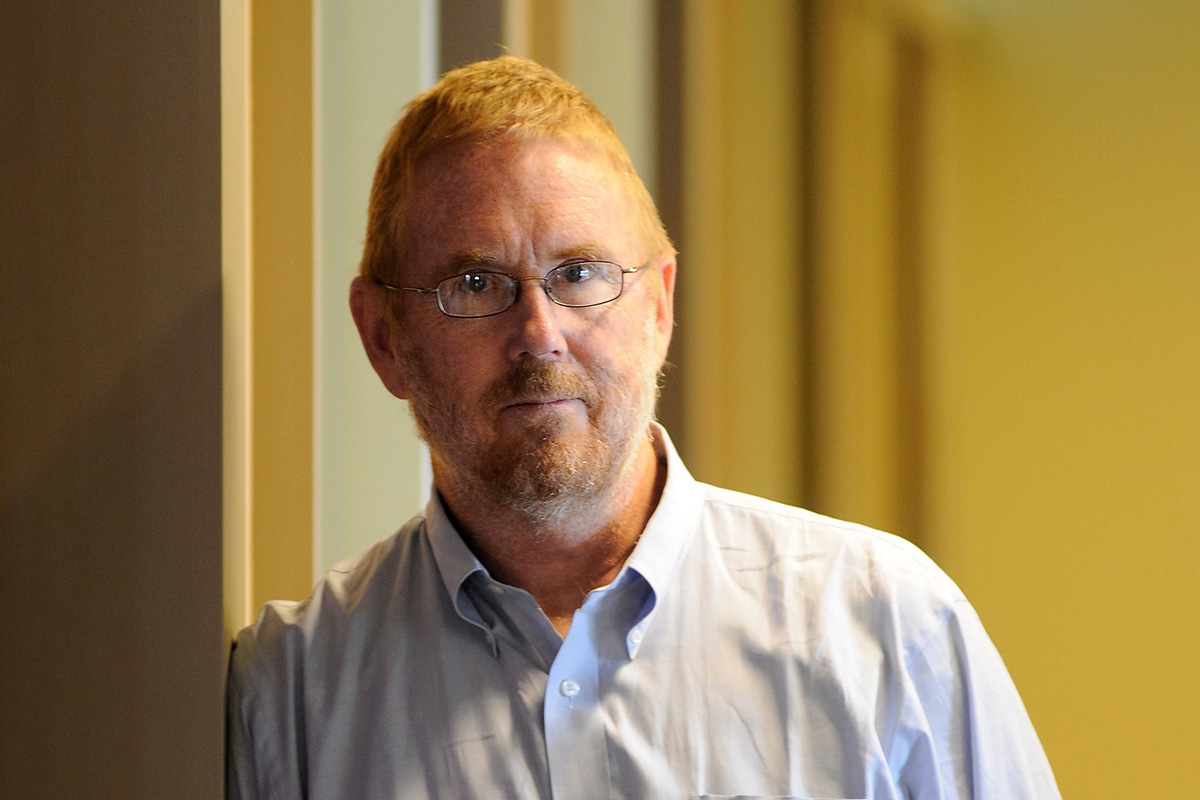

Research Initiatives
HELP’s faculty and affiliates lead programs of research and research labs that contribute to evidence-informed actions, from policy to practice, across a number of fields. The list below provides a summary of various research initiatives from each HELP faculty and affiliate faculty members.
HELP Faculty
Anne Gadermann
Dr. Anne Gadermann is an Associate Professor in the School of Population and Public Health at UBC and Research Scientist at the Centre for Health Evaluation and Outcomes Sciences (CHÉOS), Providence Health Care Research Institute. Her research focuses on the social determinants of mental health and well-being in various populations, including children and youth and individuals who are homeless and vulnerably housed. Currently, she examines how risk and protective factors at different ecological levels (i.e., family, school, neighbourhood) are associated with mental health and well-being in children and youth. A major purpose of this research is to identify modifiable factors of mental health disorders to inform prevention and interventions strategies. This research draws from large-scale linked datasets, including student- and teacher-reported survey data as well as administrative health and education data.
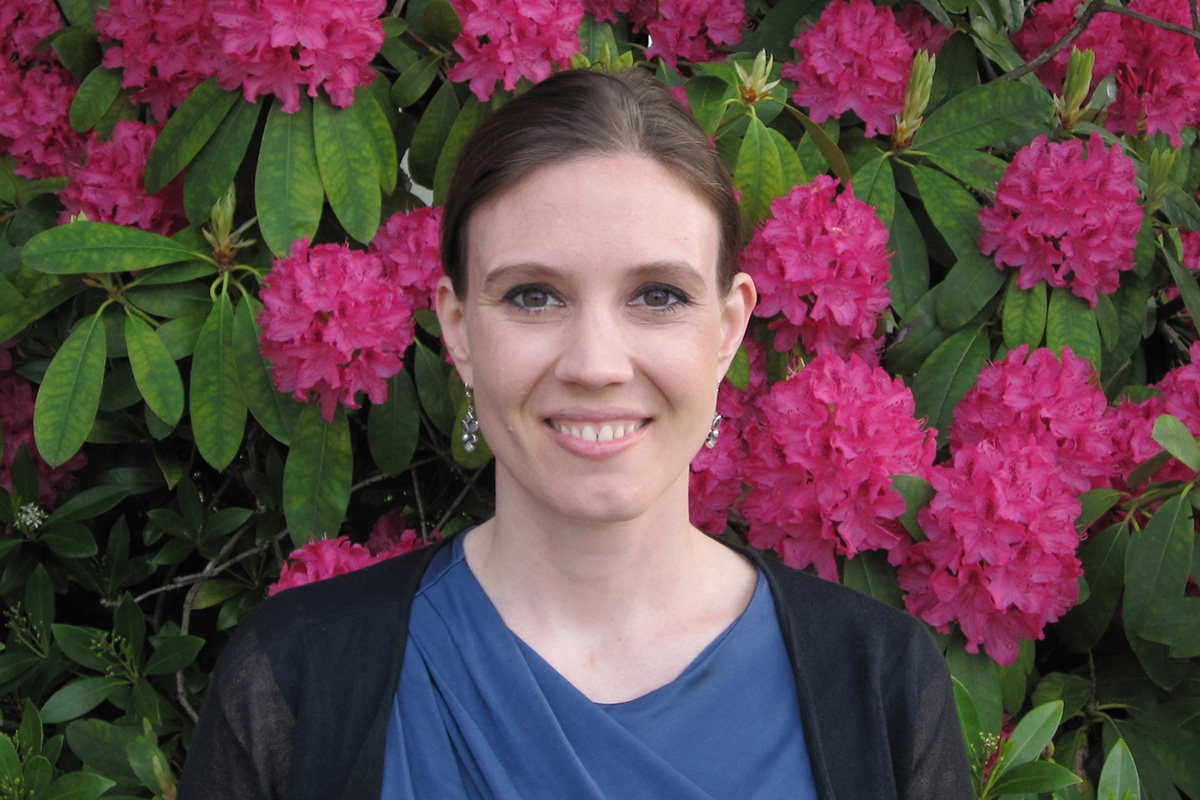
Brenda Poon
Dr. Brenda Poon is a faculty member in UBC’s School of Population & Public Health and also Research Division Lead at the Wavefront Centre for Communication Accessibility. Her research lab, Community Research and Engagement Lab (CoRE-Lab), is a dynamic program dedicated to research focusing on the workings of the complex, multi-level community-integrated systems influencing child development. The CoRE-Lab approach combines the empirical power of systems science knowledge production strategies with the egalitarian practices of community-based research. Drawing from a diverse range of mixed methods approaches, the CoRE-Lab team works collaboratively with community and academic partners to deepen our collective understanding of the wider systems and networks surrounding children’s developmental health to generate evidence to inform change.

Christine Voss
Dr. Christine Voss is an Assistant Professor in the Department of Pediatrics, Faculty of Medicine at the University of British Columbia. She is primarily based at the UBC Centre for Chronic Disease Prevention and Management on the UBC Okanagan campus in Kelowna. She is also an Investigator with the British Columbia Children’s Hospital Research Institute and an Affiliate Investigator with Interior Health. Christine’s overall research goals are to better understand how physical activity behaviours relate to current and long-term health outcomes in children in both clinical and community-based settings, and to identify strategies to improve physical activity participation in children. Christine’s research frequently utilizes state-of-the art technologies to understand complex physical activity behaviours, particularly in at-risk pediatric populations in whom such insight might inform clinical care.
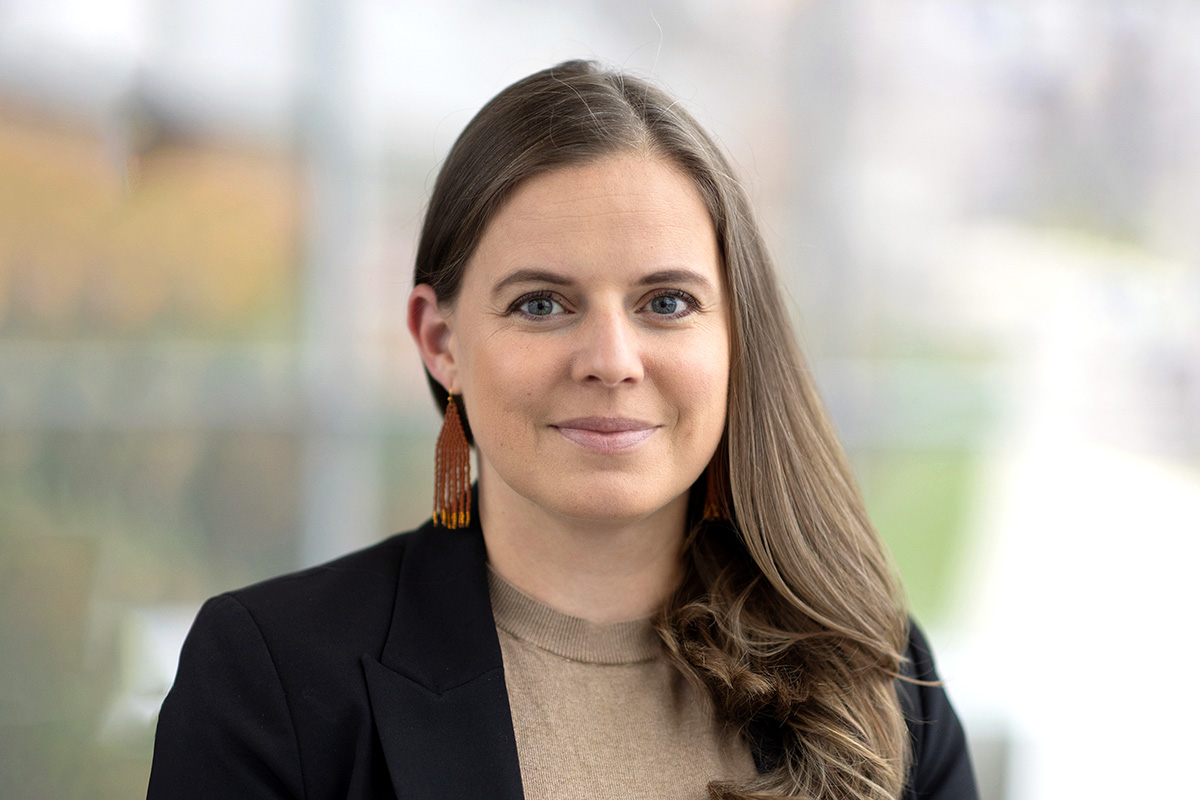
Emily Jenkins
Dr. Emily Jenkins is a Registered Nurse and Associate Professor in the School of Nursing at the University of British Columbia. She is the Scientific Director of Wellstream, the new Canadian Centre for Innovation in Child and Youth Mental Health and Substance Use, housed at the University of British Columbia. Wellstream is where child and youth mental health and substance use research meets practice and policy for real-world impact. The centre identifies and responds to the emergent needs of children, youth and their communities, working with them to deliver solutions that promote positive mental health and wellbeing and minimize substance use harms. Wellstream’s vision is a Canada where the conditions for wellbeing exist for all children, youth, and their communities.
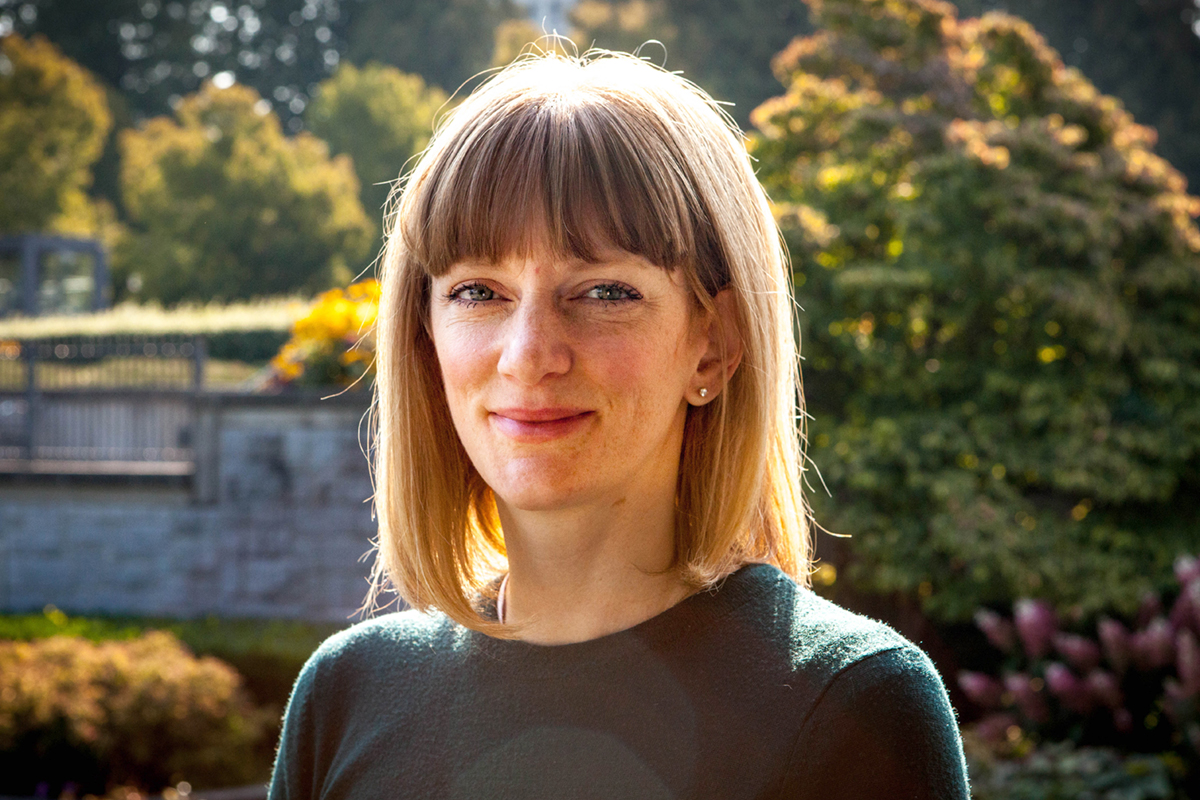
Eva Oberle
Dr. Eva Oberle is an Associate Professor in the School of Population and Public Health at UBC. She is the current Principal Investigator of the Middle Years Development Instrument (MDI), a population-based survey at HELP that measures child and adolescent social-emotional and mental wellbeing, and experiences in schools and communities. Discover MDI is a platform that provides schools and communities with resources and tools to both understand the middle years and collection, exploration and sharing of MDI data, and how it can be used to improve the well-being of children in the middle years.
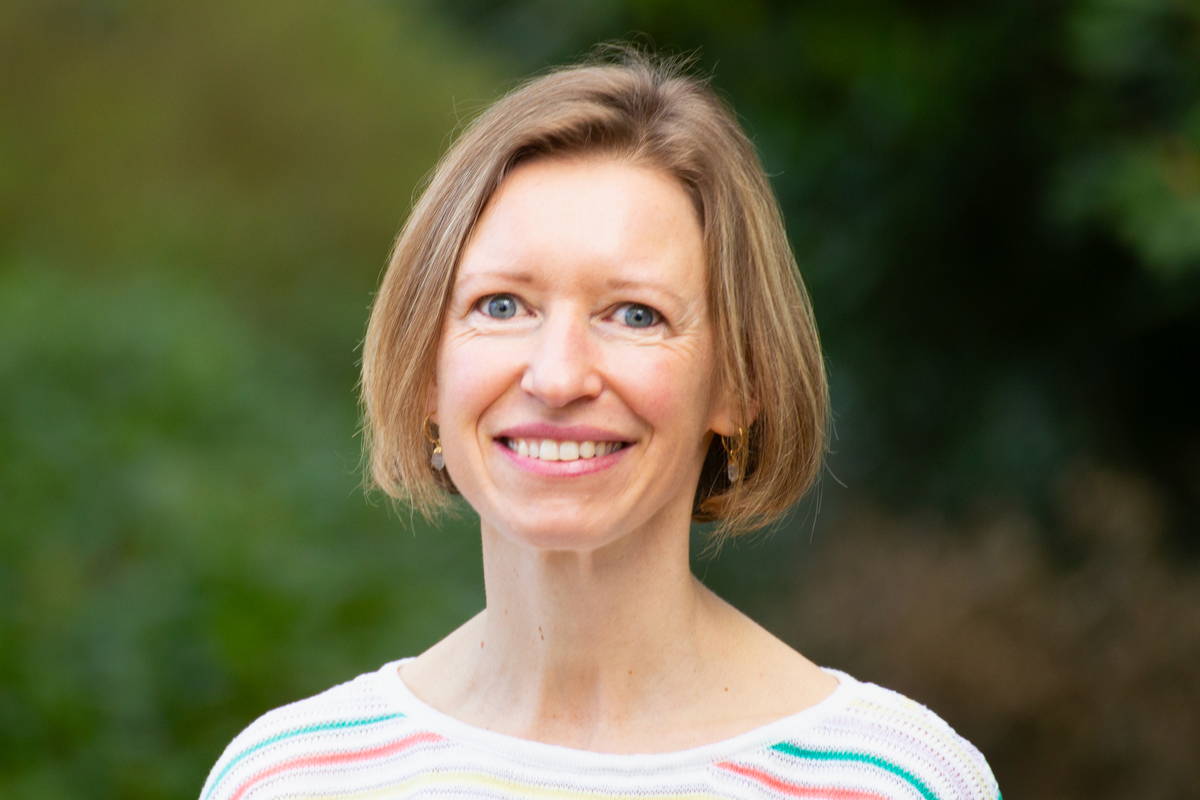
Mariana Brussoni
Dr. Mariana Brussoni is the Director at HELP as well as a Professor in the Department of Pediatrics and the School of Population and Public Health at UBC. Her research lab, Outside Play, is a team of researchers dedicated to studying children’s outdoor risky play and injury prevention, helping parents and communities reverse the trend of limiting children’s opportunities to play outside and take risks in these environments. Outside Play offers a more balanced approach for parents/caregivers and their child(ren) through understanding the importance of risky play, working to manage fears that often limit these opportunities for children, and building a plan of action for change.
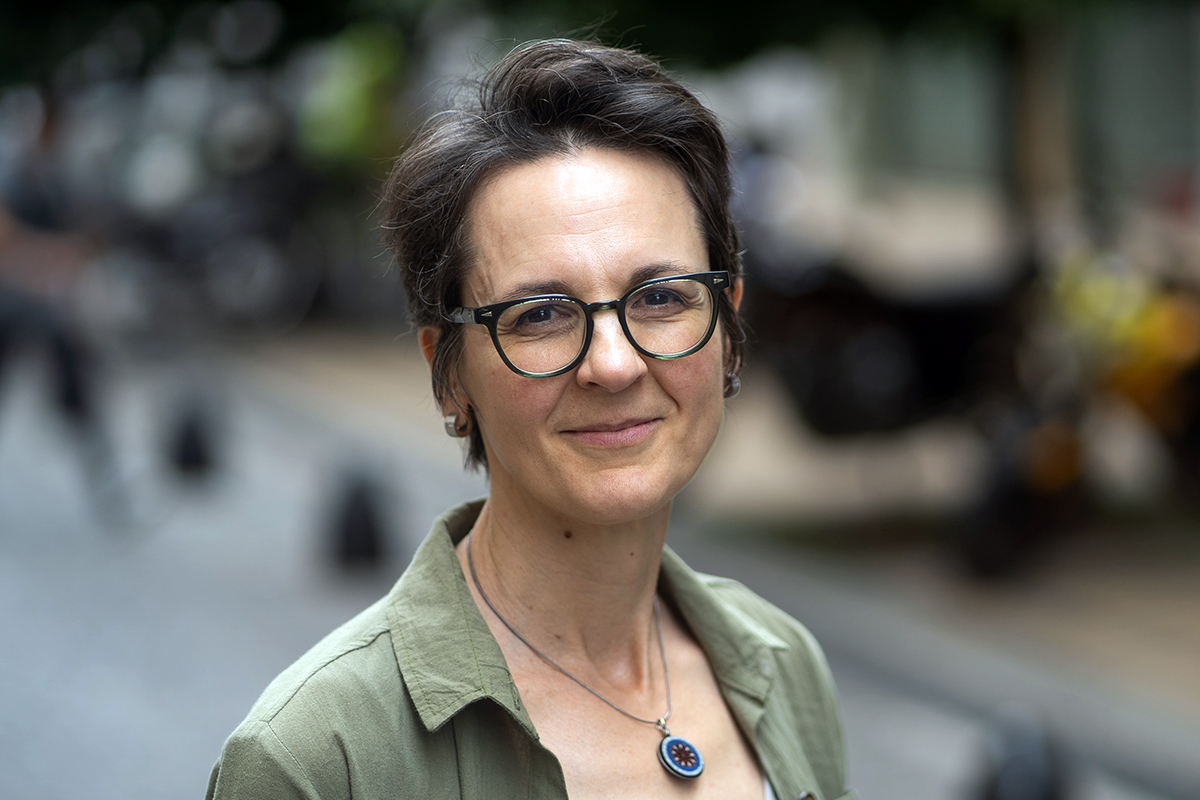
Martin Guhn
Dr. Martin Guhn is an Associate Professor in the School of Population and Public Health at UBC. His research focuses on understanding how early childhood experiences and social, cultural, demographic, and socio-economic context factors are related to children’s and adolescents’ development, health, wellbeing, and education. His research draws from HELP’s population-based comprehensive child development monitoring system – including the Toddler Development Instrument (TDI), Childhood Experiences Questionnaire (CHEQ), Early Development Instrument (EDI), and Middle Years Development Instrument (MDI), and the development of the Youth Development Instrument (YDI), with PI Dr. Hasina Samji (SFU; BCCDC).
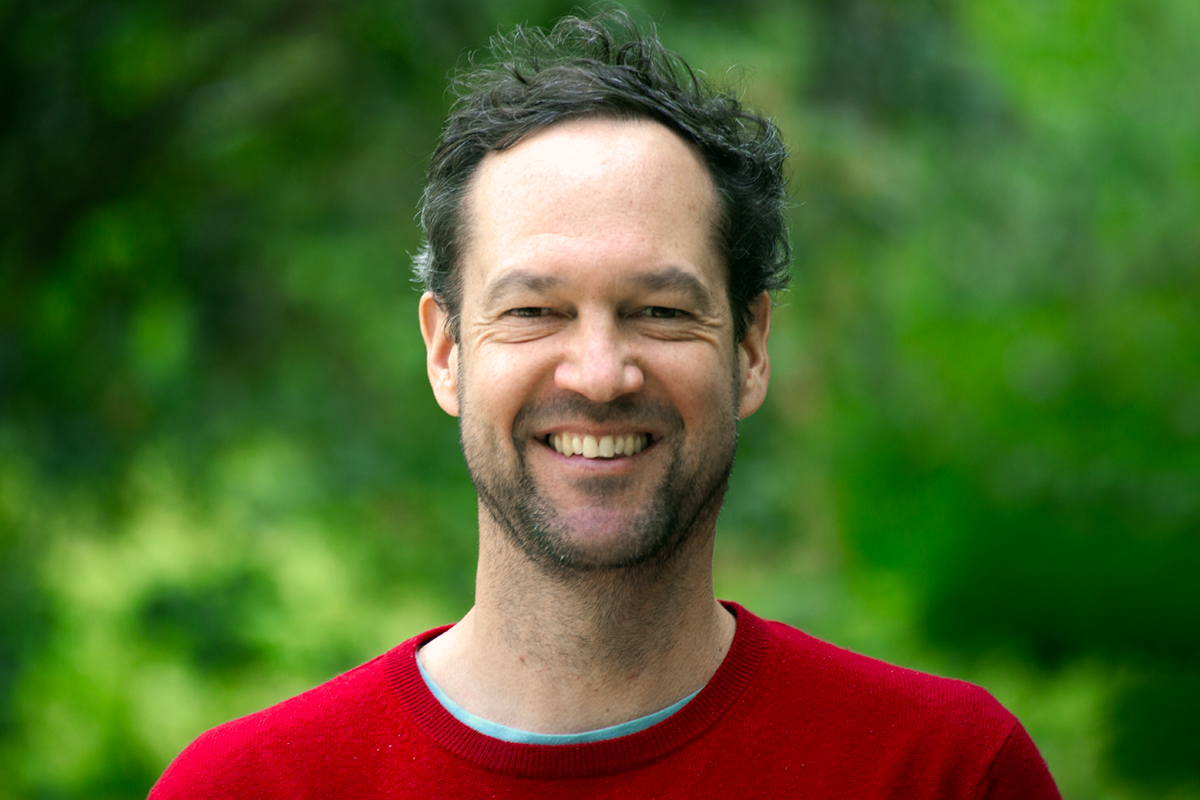
Matt Carwana
Dr. Matt Carwana is a pediatrician and clinician-investigator at BC Children’s Hospital (BCCH). He is the Medical Co-Lead of the RICHER Program (Responsive Intersectoral Child and Community Health Education and Research), a place-based, equity-focused, interdisciplinary team of health care providers at BCCH, co-located in Vancouver’s inner city. Established in 2006, the RICHER Program seeks to address disparities in health care access experienced by many marginalized children, youth and families. Providers aim to provide relational, trauma-integrated care. RICHER is committed to a continual process of learning regarding best practices in anti-oppressive, anti-racist and decolonized care models to best serve our populations.

Tim Oberlander
Dr. Tim Oberlander is a Developmental Pediatrician, physician-scientist and the R. Howard Webster Professor in Brain Imaging and Child Development, Dept of Pediatrics and the School of Population and Public Health at UBC. He is also the medical lead for the Complex Pain Service at BC Children’s Hospital (BCCH). His research at BCCH and BC Women’s Hospital + Health Centre, through the Living Lab at Home, bridges developmental neurosciences and community child health. This research focuses on studies of how early life experience related to maternal mood disturbances during pregnancy shapes how infants and children deal with stress. Dr. Oberlander’s research questions extend from genetic studies to population-level studies that seek to understand early life pathways reflecting developmental risk and resiliency during early childhood. His research shows that the developing brain has a remarkable capacity for change, such that even in the face of adversity, some children do very well.

HELP Affiliates
Caroline Sanders
Dr. Caroline Sanders is an Associate Professor at the University of Northern British Columbia. She is a part of the leadership team at SEED (Sharing to change Early childhood Experiences and promote healthy Development in Northern BC), a network of enthusiastic, motivated, and innovative health care providers, educators, researchers, parent partners, policy makers, local government, and community leaders. Through developing compassionate leadership, SEED aims to support positive early childhood experiences and healthy development for all children in the early years (0 to 8) and their families in Northern British Columbia.
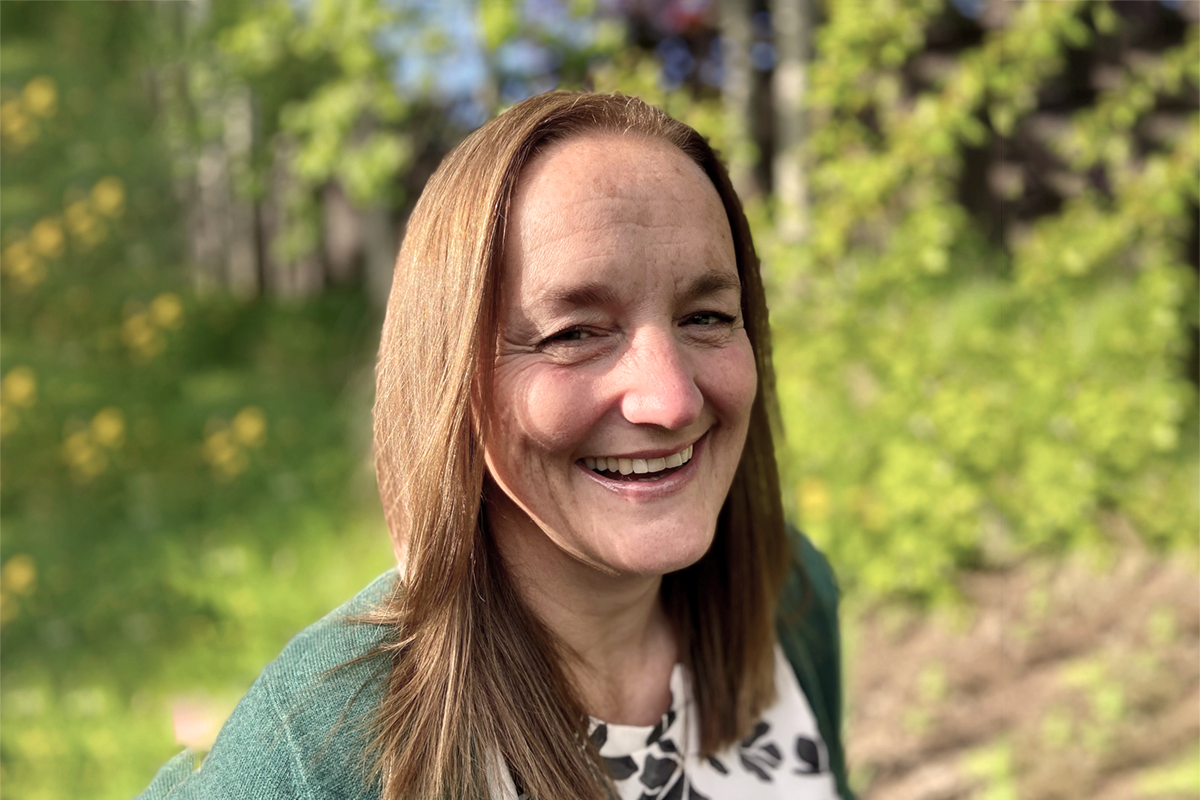
Hasina Samji
Dr. Hasina Samji is a Senior Scientist in the Clinical Prevention Services division at the BCCDC, as well as an Assistant Professor in the Faculty of Health Sciences at Simon Fraser University. She leads the Capturing Health and Resilience Trajectories (CHART) Lab is an interdisciplinary team working together to promote life-long mental health and well-being, beginning with children and youth. The CHART Lab developed the Youth Development Instrument (YDI), and aims to identify social and structural determinants of mental health and mobilize research into action to promote social justice and collective well-being.
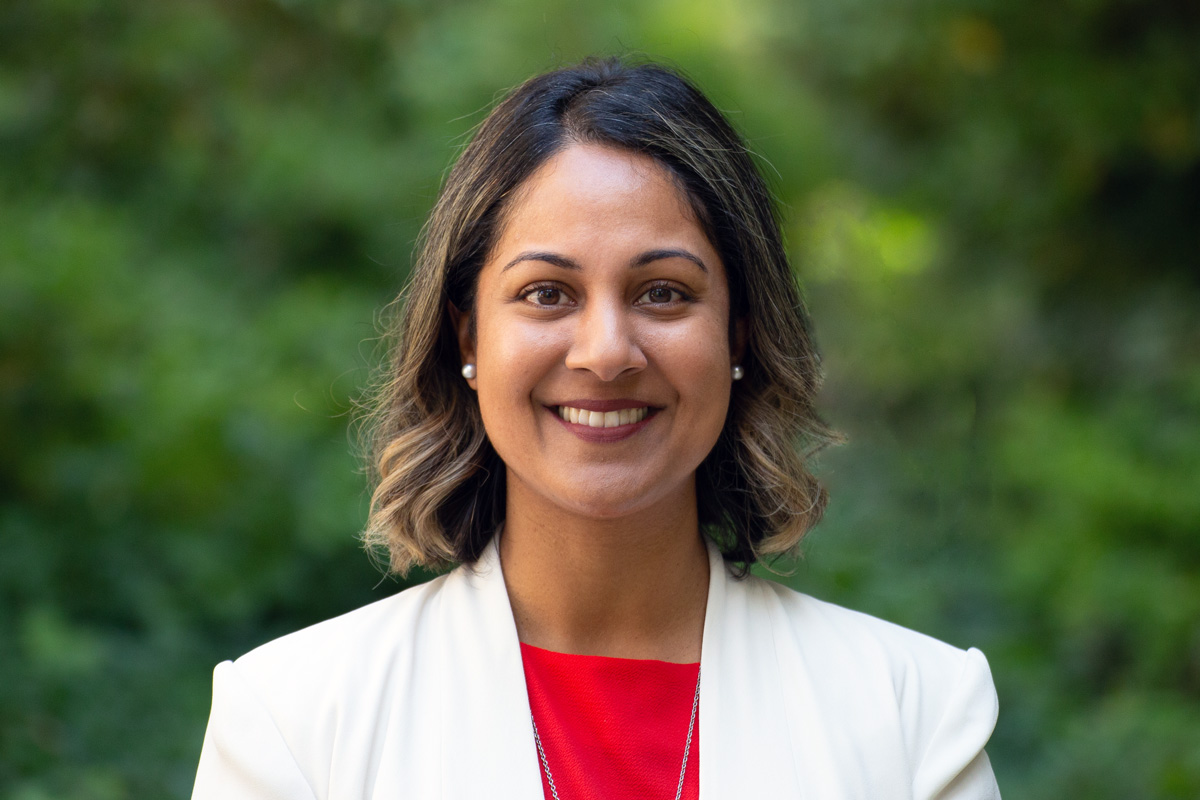
Joanne Schroeder
Joanne Schroeder is the Director of Strategy and Innovation at HELP as well as the co-lead for Compassionate Systems Leadership (CSL). The CSL approach comprises an integrated framework for developing capabilities and knowledge that strengthen the capacity of individuals and collectives to progress systems change initiatives effectively. The Ministry of Education and Child Care has partnered with UBC’s Human Early Learning Partnership (HELP) to build capacity in CSL province-wide. This will create a sustainable infrastructure to support the K-12 education system to integrate compassion into everyday work.
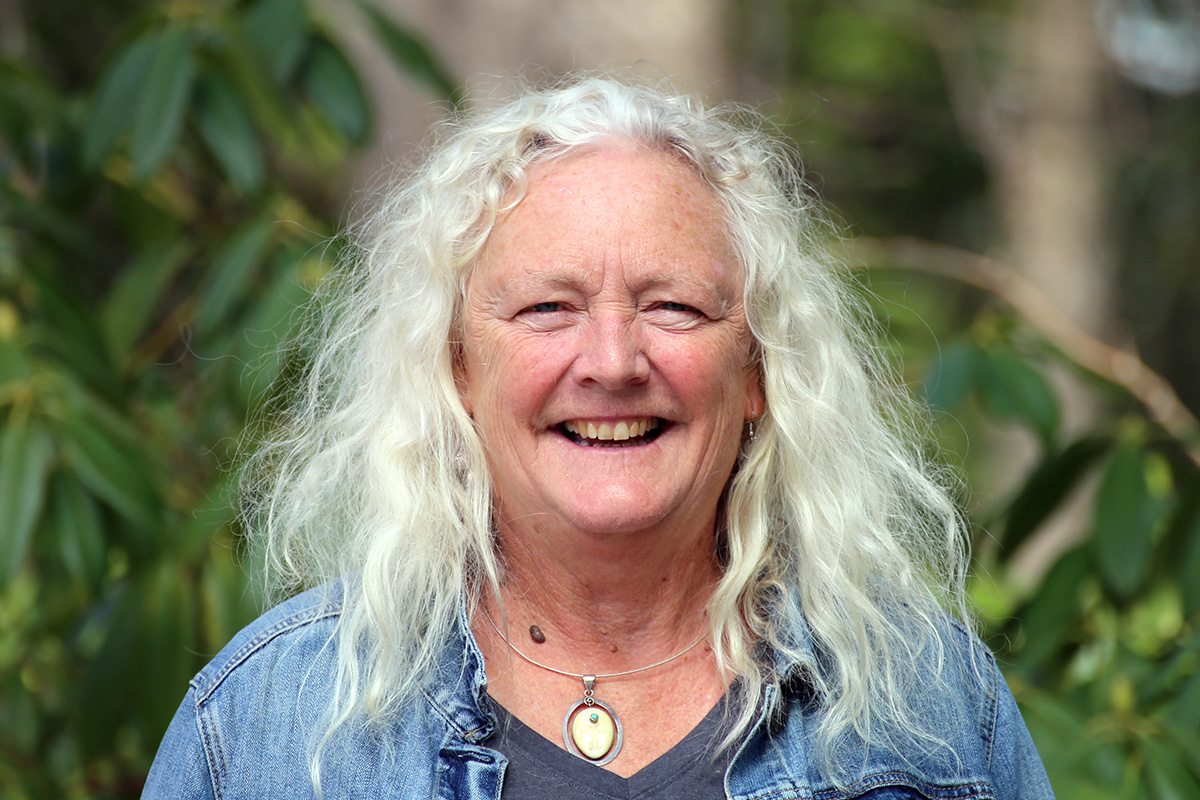
Judy Gillespie
Dr. Judy Gillespie is the Director of UBCO’s School of Social Work, which aims to deliver quality graduate-level clinically focused social work education, and to produce high impact internationally recognized research, both intended to respond to the diverse needs of social work clients. Having practiced community organizing in a variety of settings with much of this occurring in rural areas and Aboriginal communities in northern Alberta, Judy’s current research focuses on understanding the role of Indigenous ways of knowing in evaluating the impacts of Indigenous led multisector community change initiatives.
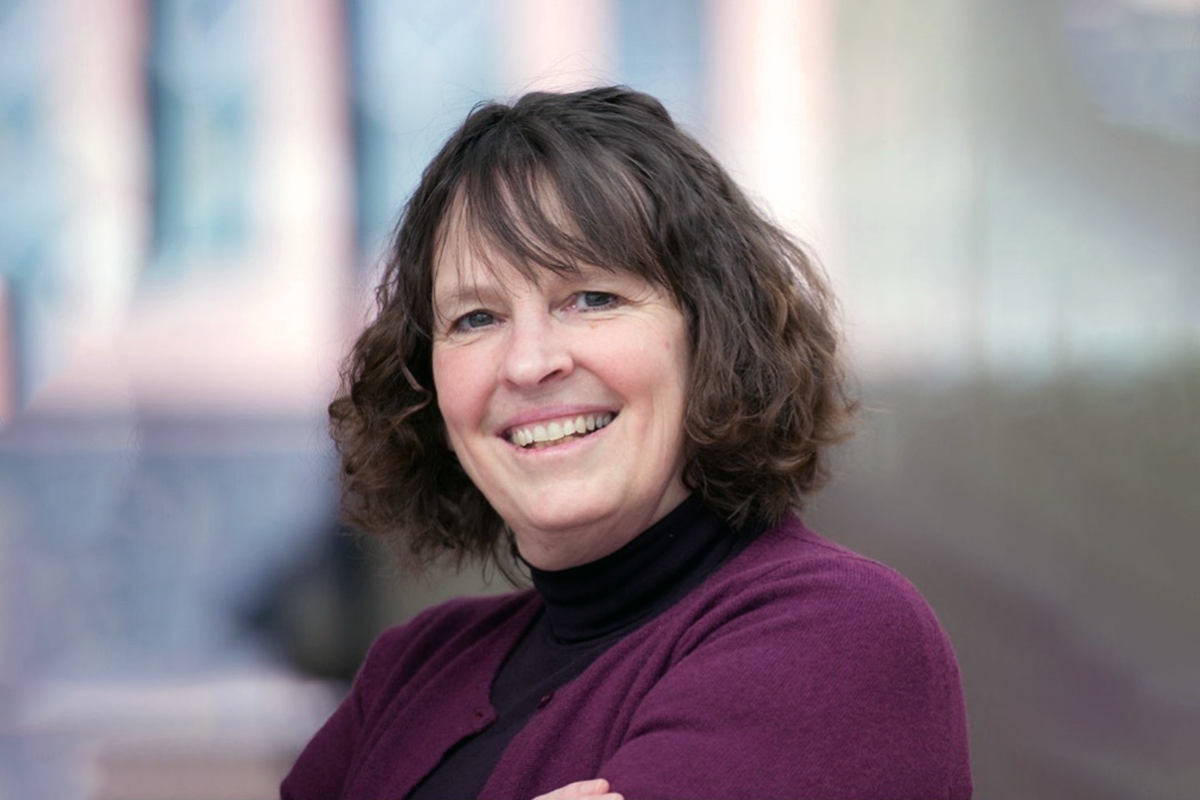
Kimberly Schonert-Reichl
Dr. Kimberly Schonert-Reichl is a previous Director of HELP, as well as an Applied Developmental Psychologist and a Professor in the Human Development, Learning, and Culture area in the Department of Educational and Counselling Psychology, and Special Education in the Faculty of Education at UBC. Dr. Kimberly Schonert-Reichl’s Social and Emotional Learning (SEL) Lab primarily conducts research on school-based social-emotional learning programs and mindfulness-based programs that aim to foster positive human qualities, such as empathy, optimism, happiness, gratitude, social responsibility, altruism, resiliency, and compassion.

Kimberly Thomson
Dr. Kimberly Thomson is an Assistant Professor at the Children’s Health Policy Centre (CHPC) in the Faculty of Health Sciences at Simon Fraser University (SFU), which focuses on improving wellbeing for all children, and more specifically, the public policies needed to reach this goal. Kim is particularly interested in research that informs policy, and partners with community leaders, health service providers, and policy-makers to generate evidence to promote optimal environments for children.
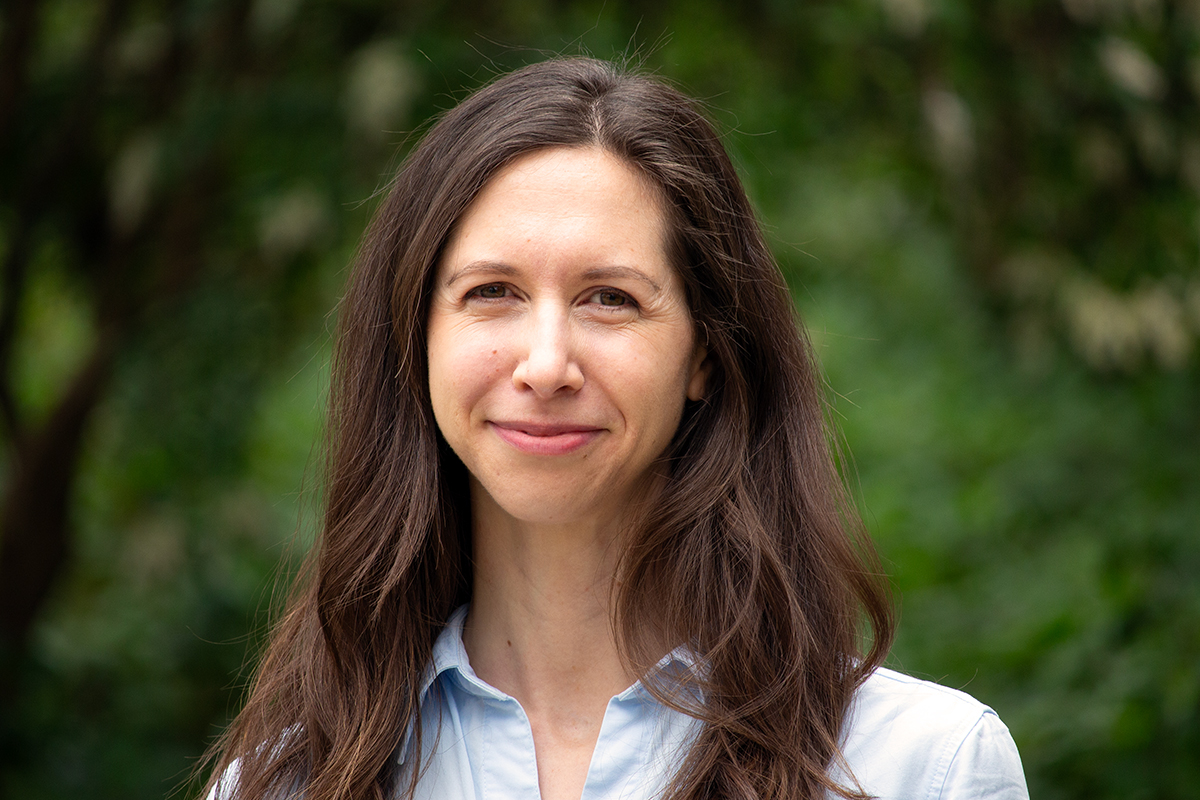
Magdalena Janus
Dr. Magdalena Janus is an affiliate Associate Professor at the School of Population and Public Health at the University of British Columbia, and a Professor in the Department of Psychiatry and Behavioural Neurosciences and Offord Centre for Child Studies at McMaster University where she holds the Ontario Chair in Early Child Development. She co-developed the Early Development Instrument (EDI) at the Offord Centre, a measure of children’s readiness to learn at school entry. This initiative has generated interest at national and international levels, from academic and social policy perspectives. Magdalena and her team support the implementation of the EDI in Canada, and its adaptation in many international sites.
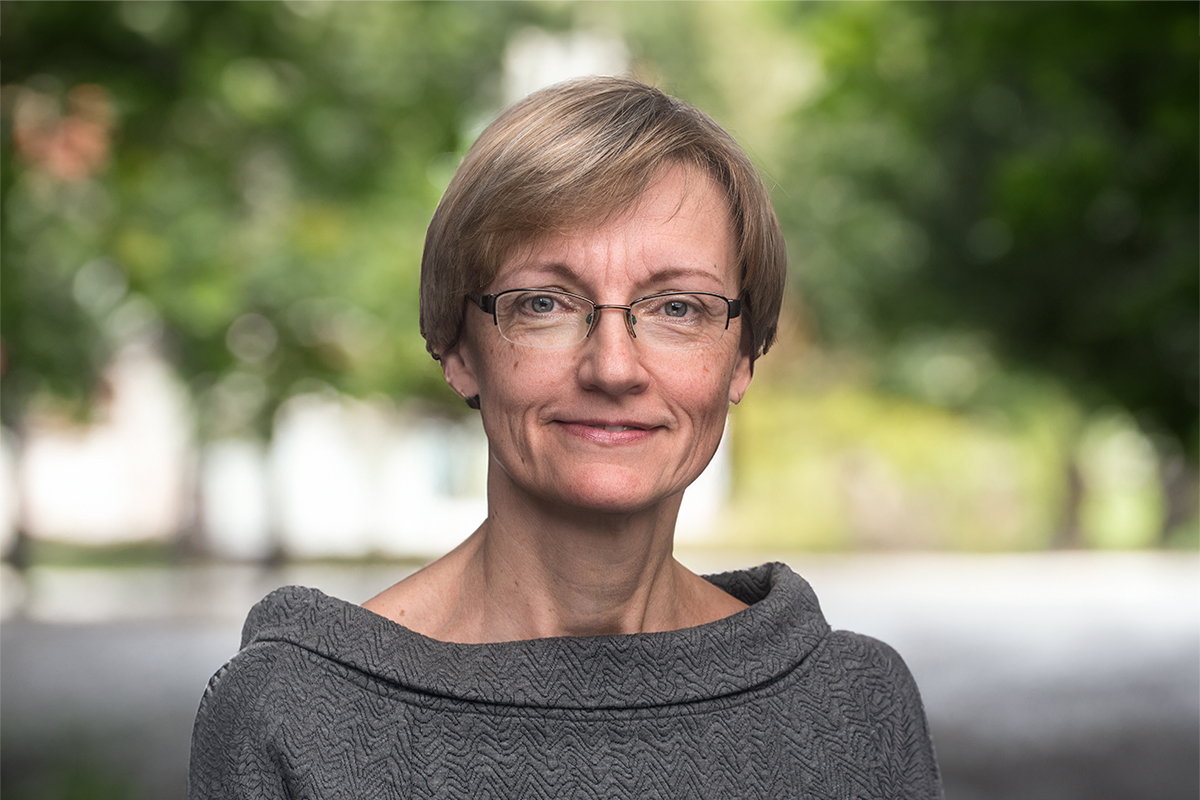
Nicole Catherine
Dr. Nicole Catherine is an Assistant Professor and Associate Director of the Children’s Health Policy Centre (CHPC) in the Faculty of Health Sciences at Simon Fraser University (SFU), which focuses on improving wellbeing for all children, and more specifically, the public policies needed to reach this goal. Nicole conducts research on the early prevention of child health inequities and on ensuring inclusion of underserved children — in both research and policy-making.
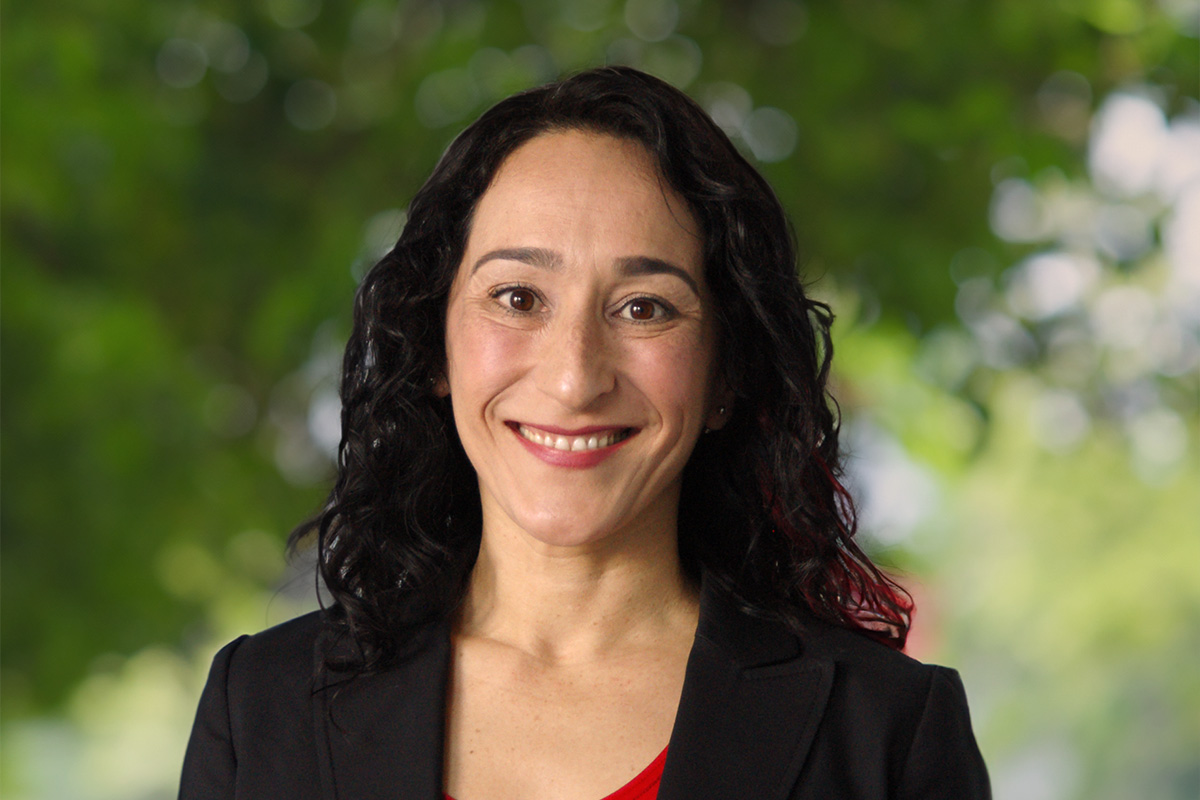
Paul Kershaw
Dr. Paul Kershaw is a tenured professor at in the School of Population and Public Health at UBC, public speaker, regular media contributor and Founder of Generation Squeeze, a voice for younger Canadians in politics and the market, backed by cutting-edge research. Generation Squeeze is a charitable Think and Change Tank promoting well-being for all generations, championing generational fairness to preserve what Canadians hold sacred — a healthy childhood, home and planet — and leave a proud legacy.

Tom Boyce
W. Thomas Boyce is a pediatrician and Distinguished Professor Emeritus in the Departments of Pediatrics and Psychiatry at the University of California, San Francisco. Previously, he was Associate Dean for Research in the UC Berkeley School of Public Health and the BC Leadership Chair in Child Development at UBC. His research addresses individual differences in children’s biological susceptibility to social contexts, such as the family, classroom and community. His work, which has generated over 200 scientific publications, demonstrates that a subset of children (“orchid children”) showing exceptional biological sensitivity to their social environments and bear higher risks of illness and developmental disorders in settings of adversity and stress. Taken together, findings from his research suggest that supportive and responsive early environments have powerful effects on children’s health and well–being.
